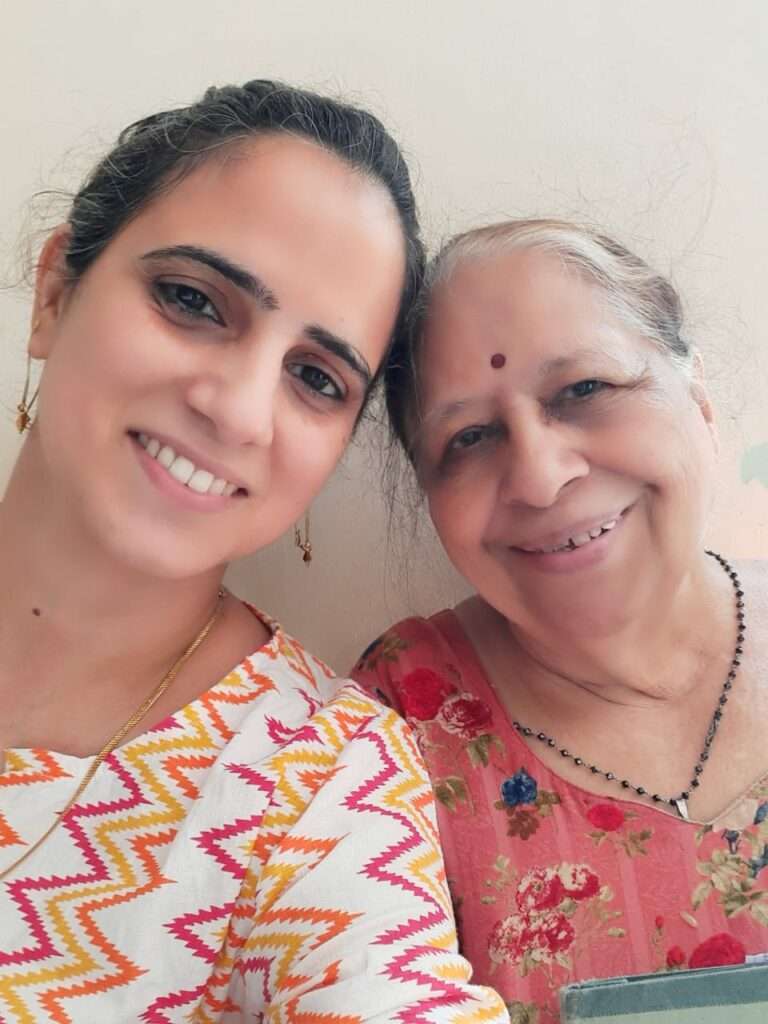When I broached the idea of having professional support for my ageing parents who live in a different city, the first response was a big NO. “We don’t need it”, they said. Seniors will often not admit they need help, even if they’re struggling with everyday tasks. Professional care can be a sensitive subject that often leads to arguments or going into a silent defiance. Our parents could also see it as a waste of money, an insult to their abilities, or an invasion of privacy. At the same time we know how important it is for their well-being and our peace of mind. If you are living in a different country, it can be especially critical for you to have eco-system of care-support around them that both they and you can trust. Overcoming their non-acceptance and hesitation in the beginning is critical to setting up care for success. Here are some field-tested ideas based on experience over the years at Samarth Elder care and recommendations of Family Caregiver Alliance in the US. Some of these work in our context because of the approach and quality of our care-counselors who are actually like family members. In fact, the way we have shaped our services is to ensure that it sits well with the elderly in our care. The principles however are universally applicable:
Start slowly and allow time for them to get used to the idea
Your older adult might need time to adjust to the idea of having someone in their house. To ease the transition, start off slowly. At first, let the focus be on less personal tasks. Then, add hours and additional tasks as your older adult becomes more comfortable with the idea and the care person.
Listen to your older adult’s fears and reasons they don’t want in-home care
Instead of shutting down objections right away, let your older adult express their feelings. They’re more likely to cooperate when they’ve been heard and know that their opinion matters.
Understanding their concerns also helps you address those fears.
Help them retain dignity by saying it’s for you, not them
If you present the idea of in-home care as something that helps you rather than them, seniors might be more receptive. They’re less likely to feel that they’re losing independence or aren’t capable.
Use the doctor’s authority and say that it’s a prescribed service
Many older adults respect authority figures like doctors and may be more willing to accept home care if they think the doctor has prescribed it. You can ask the doctor’s office for an “official” note – whatever works best.
Use housekeeping needs as an excuse
Pretending that you need help with housekeeping and other chores is another way to ease an in-home caregiver into the house. That makes it more about your needs rather than theirs.
Take money out of the equation
If your older adult isn’t directly paying for in-home care, you could pretend that it’s free. That makes it more likely that they’ll be open to it since they’ll be taking advantage of a free service. My own parents in a middle-class Indian family are happy spending on their children and grandchildren but last thing they like to do is spend money on themselves.
Introduce the caregiver as a friend
Another approach is to introduce the in-home caregiver as a friend of yours who needs some company. That takes away the stigma of needing help and helps them trust the caregiver.
Tell them it’s a temporary arrangement
It may be more acceptable to start using in-home care if your older adult thinks it’s only temporary. Once the in-home caregiver becomes a part of their routine and they adjust to the idea, it’ll be easier to continue using the services.
Hope you find it useful, Feel free to share.






